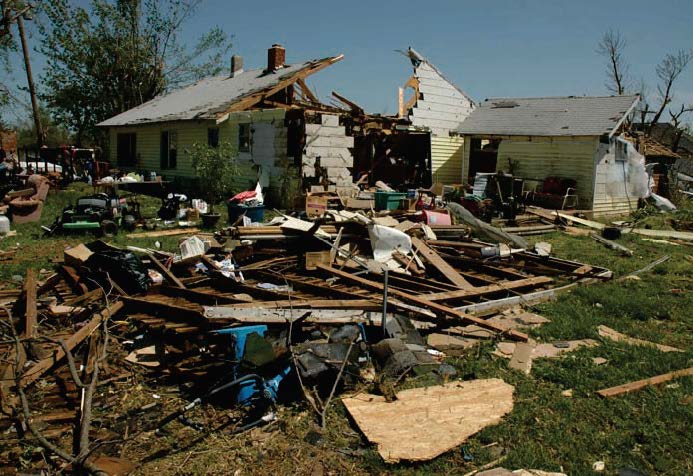Summary
NATURAL AND MAN-MADE disasters swept through various the world and received attention over the past decade. Meanwhile, many parts of the world suffer from the lack of basic necessities, including shelter, water, food, education, access to basic health care and safety, which have been identified among “humanity’s top 10 problems over the next 50 years” [1]. Effective logistics operations are a critical component of addressing these needs. With the objective of articulating challenges in the humanitarian logistics sector and identifying important research issues and opportunities, practitioners and researchers from around the world convened for the 2009 Humanitarian Logistics Conference (HumLog’09), held at the Georgia Institute of Technology in Atlanta. Conference participants – numbering more than 180 from non-governmental organizations (NGOs), government agencies, private companies and academic institutions – listened to presentations on key humanitarian logistics challenges and strategies to overcome them, focusing on disaster planning and response, long-term development, identifying important research issues and opportunities, and collaboration within and between organizations [2].
Analysis
Humanitarian logistics gives us insight into what the broad plan looks like when disaster strikes. The article highlights the ten key parts that are consistently part of a strategic plan. Key points including demanding analytics, regional coordination and synergies, constant communication, and understanding regional political, economic, and socioeconomic conditions. These are only a few of the matters discuss and they helped show me that people really do have plans in place where something bad strikes our country. Man-made or not after learning more I feel after in a worst case scenario of something happened. In addition, these points make up a plan and to me it feels that these types of plans should be constantly evolving. Times are always changing, our people, environment, and our technology seem to be changing everyday. It only feels right to me that these plans should be constantly be changing with times. Now you can only prepare and plan so much, when something happens, people are going to do everything they can no matter what. It does open opportunities to explore the relational process used for MCI’s and determine if there are ways to keep up with the constant changes that happen around us.




